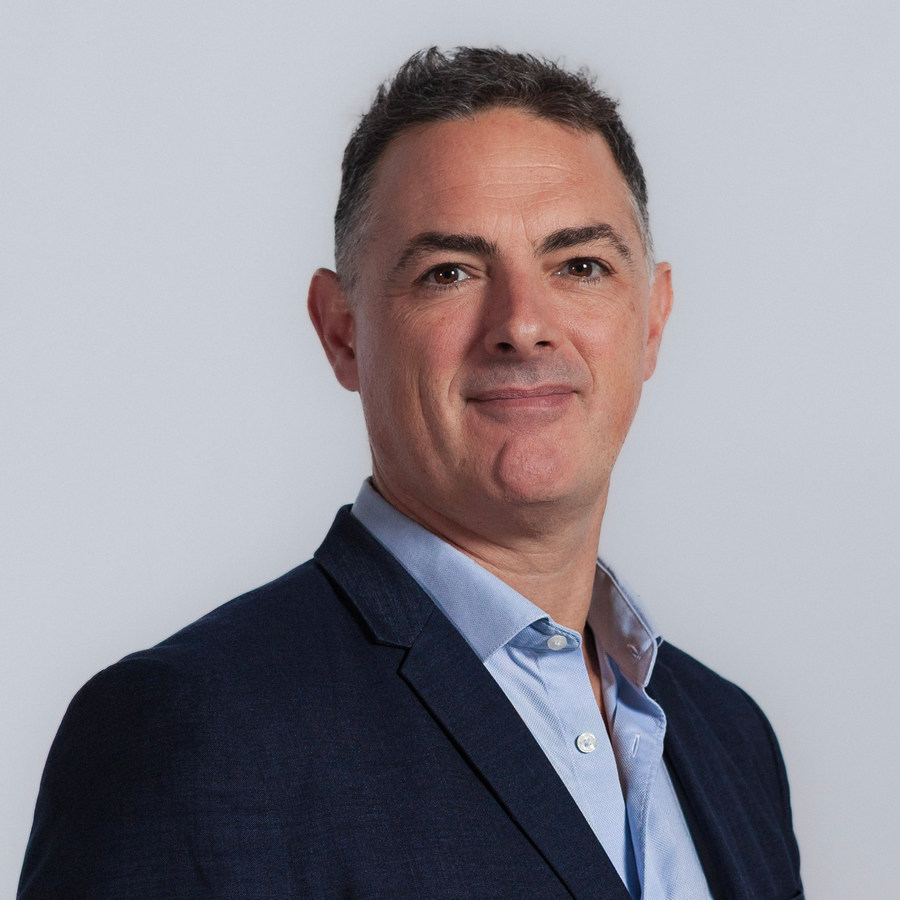Stéphane Pagès
Stéphane joined the Wyss Center in 2016 and became Director of Neuroimaging in 2021. He is also an Academic Fellow of the University of Geneva, in the Department of Fundamental Neurosciences.
Stéphane oversaw the setting up of an advanced imaging facility at the Wyss Center based on innovative optical approaches. The first microscope that he built was a Clarity Optimized Lightsheet Microscope (COLM) for whole brain imaging at subcellular resolution. This was followed by the construction of a mesoscale Single Plane Illumination Microscope (mesoSPIM – mesoSPIM.org). Finally, he contributed to the emergence of the Advanced Light Sheet Imaging Center (ALICe), an entire pipeline dedicated to clarification and high-resolution imaging of tissue.
After his PhD in ultrafast spectroscopy and non-linear optics at the UNIGE Science Department, he joined the Neurophotonics Center at Laval University, Canada as a FNS postdoctoral fellow where he developed new optical approaches to optically record membrane potential changes and calcium dynamics in dendritic spines.
He also participated in the development of an autofocus device for two-photon microscopes to image calcium dynamics in the spinal cord of living rodents. In 2011, he joined the Anthony Holtmaat’s team at UNIGE to pursue his research on neuronal functional and structural plasticity in vivo.

Stéphane’s expertise in innovative optical approaches is instrumental in the continued development and customization of the Wyss Center’s advanced imaging facility.